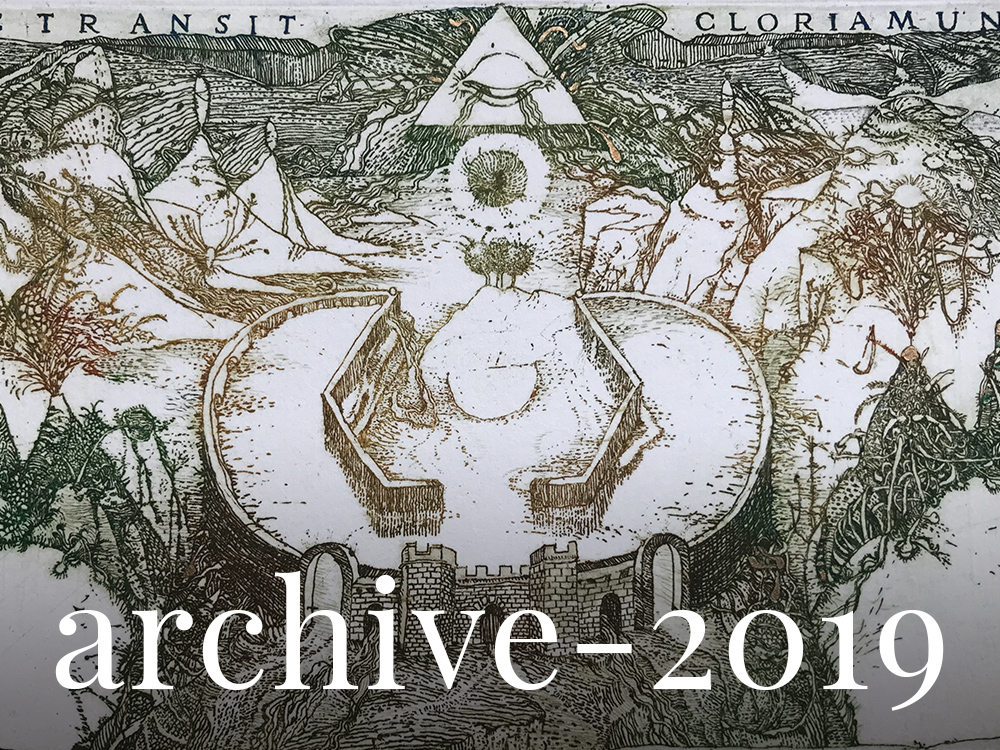“The Moon Boy” as an object of Literary Criticism
 An amazing tale-not-a-tale (according to the author of the preface Andrei Bitov, this is prose outside the genre) always arouses interest among readers. Written in the immediate aftermath, when the nineties had only just become the past, this tale has elements of a detective story and a strong psychological theme, it is particularly interesting for its unconventional methods. There are main characters, but they have no names, there are no descriptions of them, the scene is not indicated. At the same time, there is a coherent story line, on which mysticism, psychologism, irony and something unspoken are strung that keeps the reader in constant suspense.
This is what the author himself writes about his literary creation: “The Moon Boy” is a tale about what happened in the nineties, and that everything can be repeated if we are not cautious, if we, living in the twenty-first century, want mentally stay in the twentieth. The thought is material, and the proposed circumstances and events are not only substantive, but also esoteric in nature.
Is this a work about acquisitions? Of course not. It is about loss, not so much material as spiritual. The center of the story is not the talented young journalist who has lost her husband, and with him, a secure life, nor even her husband, “The Moon Boy”, a successful politician and businessman, but loneliness – visceral and brutal, when everything surrounding her is no more than a mirage and the body a miserable shell, powerless before the void within, in the face of the insuperable blockages of mental distress. But loneliness and hopelessness are set against a story of fortitude in adversity, overcoming human weakness and breaking the deadlock of hopelessness that is the main street of internal disorder. After all, there is always a way out, and the heroine, on whose behalf I appeal to readers, is already close to finding it.”
The “Moon Boy” has been published and reprinted: twice in Russian, twice translated into Ukrainian., and Steve Komarnitsky’s English translation is now ready.
Next – a brilliant essay by Dmitry Drozdovsky, a Ukrainian critic, literary critic, translator, writer and editor-in-chief of Vsesvit magazine. On the website Home page there is an extract from an essay in Ukrainian (original), Russian and English (in translations by Yulia Dvoretskaya and Oksana Lipkovskaya), the full text of which can be read in the CRITICISM section of the Russian, Ukrainian and English versions of the site, respectively.
https://korotko-poetry.com/kritika
https://korotko-poetry.com/en/kritika
https://korotko-poetry.com/ua/kritika
An amazing tale-not-a-tale (according to the author of the preface Andrei Bitov, this is prose outside the genre) always arouses interest among readers. Written in the immediate aftermath, when the nineties had only just become the past, this tale has elements of a detective story and a strong psychological theme, it is particularly interesting for its unconventional methods. There are main characters, but they have no names, there are no descriptions of them, the scene is not indicated. At the same time, there is a coherent story line, on which mysticism, psychologism, irony and something unspoken are strung that keeps the reader in constant suspense.
This is what the author himself writes about his literary creation: “The Moon Boy” is a tale about what happened in the nineties, and that everything can be repeated if we are not cautious, if we, living in the twenty-first century, want mentally stay in the twentieth. The thought is material, and the proposed circumstances and events are not only substantive, but also esoteric in nature.
Is this a work about acquisitions? Of course not. It is about loss, not so much material as spiritual. The center of the story is not the talented young journalist who has lost her husband, and with him, a secure life, nor even her husband, “The Moon Boy”, a successful politician and businessman, but loneliness – visceral and brutal, when everything surrounding her is no more than a mirage and the body a miserable shell, powerless before the void within, in the face of the insuperable blockages of mental distress. But loneliness and hopelessness are set against a story of fortitude in adversity, overcoming human weakness and breaking the deadlock of hopelessness that is the main street of internal disorder. After all, there is always a way out, and the heroine, on whose behalf I appeal to readers, is already close to finding it.”
The “Moon Boy” has been published and reprinted: twice in Russian, twice translated into Ukrainian., and Steve Komarnitsky’s English translation is now ready.
Next – a brilliant essay by Dmitry Drozdovsky, a Ukrainian critic, literary critic, translator, writer and editor-in-chief of Vsesvit magazine. On the website Home page there is an extract from an essay in Ukrainian (original), Russian and English (in translations by Yulia Dvoretskaya and Oksana Lipkovskaya), the full text of which can be read in the CRITICISM section of the Russian, Ukrainian and English versions of the site, respectively.
https://korotko-poetry.com/kritika
https://korotko-poetry.com/en/kritika
https://korotko-poetry.com/ua/kritika
